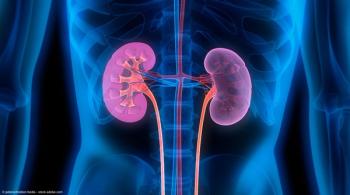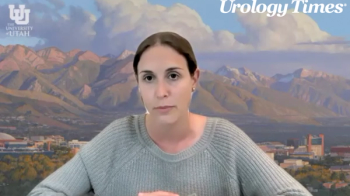
What might future research on Roe v Wade reversal’s effects on reproductive care entail?

“That's not something we're going to know potentially for many years, but I do think all of us are wondering, are we going to see much more interest in vasectomy reversals down the line?” says Sarah Vij, MD.
In this video, Sarah Vij, MD, discusses potential future research following the International Journal of Impotence Research paper, “Rising vasectomy volume following reversal of federal protections for abortion rights in the United States,” for which she served as senior author. Vij is a urologist at Glickman Urological & Kidney Institute at Cleveland Clinic in Cleveland, Ohio.
Transcription:
There are a few other things that would be interesting to look at. One is to look at female reproductive decisions in terms of something like a tubal ligation, which is sort of the anatomic equivalent [of a vasectomy]. It's a little bit more complicated, because that's often done at the time of a C section, so it's not quite the same thing as an elective vasectomy. But I think it'd be interesting to have our gynecology peers look into what the impact was on female sterilization. And then, if we assume that some of these men that are under 30 or childless are making this decision in haste in a political setting, then you would expect vasectomy reversal numbers to go up in the future. That's not something we're going to know potentially for many years, but I do think all of us are wondering, are we going to see much more interest in vasectomy reversals down the line? I think memory for all of us, especially with the current news cycle, is often short, and sometimes it feels like the Roe v Wade discussion is sort of off the air and no longer in people's minds. So it's hard to know whether it's still impacting decisions without distinctly asking patients. So I'm not sure how much more we can get out of this particular question in this data set. But we do also want to compare our data to others in other regions of the country that that have different laws. Ohio had a heartbeat bill come out, essentially, very shortly after Roe v Wade was overturned; it's still being held up. But abortion access is very different state by state, and so I'm curious if our colleagues in other parts of the country with different political landscapes have seen the same thing.
This transcription was edited for clarity.
Newsletter
Stay current with the latest urology news and practice-changing insights — sign up now for the essential updates every urologist needs.






